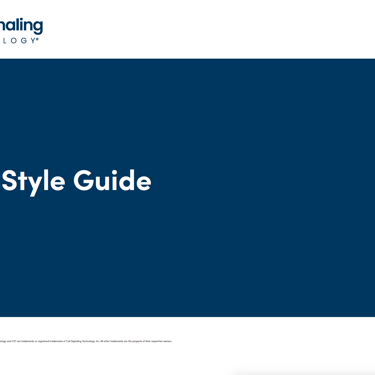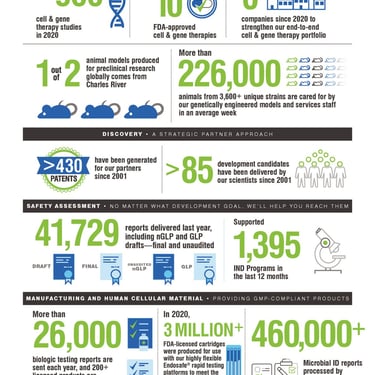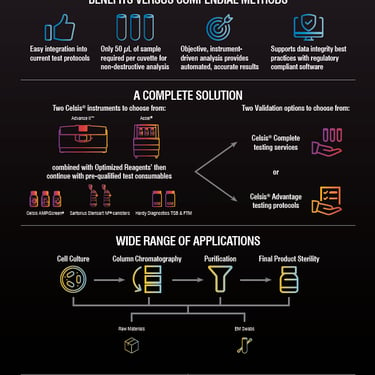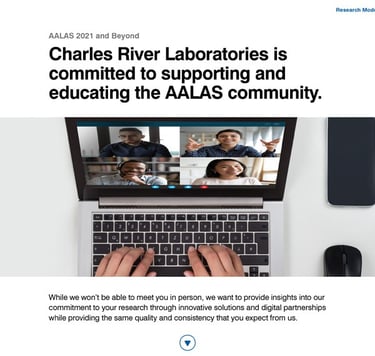

Henry Gwazda
Creative Direction and Design
Brand Development and Management
Create a strong brand that leaves an impression on your customers.
Nurture brand elements to stay relevant to today's audiences.
Develop and maintain brand guidelines and style guides.
Build and manage robust template libraries to effectively and efficiently create collateral that aligns with brand standards.
Keep teams compliant with established brand styles.
Manage photo and video shoots.
Click image to open gallery mode








Driving Successful Campaigns
Creative work that makes an impression and hits company goals.
Partner with a broad range of stakeholders to develop tools that meet everyone's needs.
Build a campaign hierarchy that walks customers through the buying process.
Design tools that can be used for different content and tactics for consistency and longevity.








Click image to open gallery mode
Creative Work That Meets Your Goals
Solve challenging creative and design problems in ways that delight your viewers.
Leave a lasting impression.
Reach customers in new ways.
Learn new skills to help you execute new ideas.
Attempt the impossible.




















Click image to open gallery mode
Multipage Layout Examples
Click a thumbnail to download a full pdf
Multipage brochures are often the flagship of a collateral suite.
Brochure styles inform all other tactics.
Design and develop content with later tactics in mind; brochure spreads easily convert to social posts or digital ads.
When practical, develop templates that can be used to make content development and design effortless.
Design with both print and digital viewers in mind.
Leading and Managing Creative Teams
Direct designers, copywriters, developers, and video editors to effectively serve company needs.
Be the driving force behind compelling creative concepts.
Develop team strengths and capabilities for constant improvement.
Advocate for and empower great creative work.
Manage bandwidth and creative development tools to allow the team to work harder on fewer projects.
Trained and certified to manage content stack tools like Hubspot and Pardot, DAMs, such as Bynder and Widen, and project management tools like Workfront.
Lean and Agile certified to drive process and workflow development for effective production and collaboration for any type of team.
About Me
I have over 15 years of hands-on design experience in various fields and settings. For the past 10+ years, I've specialized in both scientific/biotech design work and leading and managing creative teams. My skills include:
Design: Adobe Photoshop, Illustrator, and InDesign
Video/Animation: Adobe AfterEffects, Premiere, and Animate
Photo/Video: Photo and video shoots, including product photography. Experience with the specific requirements of scientific and laboratory images
Audio: Adobe Audition and Apple Logic Pro
3D Animation/Illustration: Blender
Web Design: Figma
Web Development: HTML, CSS, JavaScript (including TypeScript, jQuery, and D3), and PHP
Other Content Tools: Hubspot, Pardot, Widen, and Bynder
Workflow Management: Workfront admin and Lean and Agile trained and certified
I believe that creative direction and leadership is rooted in collaboration. I have a reputation of being a strong collaborator, and I'm able to advocate for my own ideas while helping others develop and execute their own ideas. I have been the driving force between both creative campaign development and building tools and processes that make content development and execution seamless. I manage my teams to empower their efforts in appropriate places, allowing us to work quickly when we need to and putting in extra effort where it provides the most benefit. I'm consistently involved in all steps of the process, from marketing strategy to concept creations to copy development to creative execution and design.
I'm also a strong and effective leader. I have broad experience developing and leading creative teams of designers, writers, and audio and video editors. I have proven experience turning struggling departments into reliable, high-functioning, and collaborative teams. I'm also a leader in my community. In 2025, I won a landslide election to a failing School Committee, to which I've been able to quickly bring meaningful change.
© 2025 Henry Gwazda























